GAA computer games have history but do they have a future?
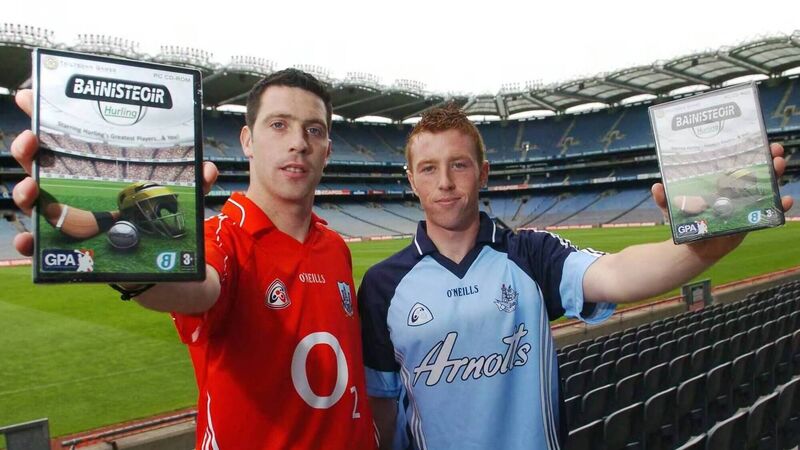
Ronan Curran of Cork and Dublin's John McCaffrey at the launch of Bainisteoir: Hurling. Picture: Brian Lawless/Sportsfile
This year will bring something new under the Christmas trees of gamers who enjoy football, as the ever-popular FIFA series has been renamed EA Sports FC.
Bar the new title, everything else will be as expected for those who are familiar with the leader in the field – a field that has shrunk year on year, due to FIFA’s superiority and dominance.
You would think that repackaging and updating the same computer game every year wouldn’t be as commercially lucrative as it is, but it shows that gamers like to have things as current as possible. Football’s popularity in real life is mirrored by the dominance of football games in the market – and e-sports are growing to an almost worrying level as people watch the top practitioners play.
Soccer is a global game, or ‘the’ global game, meaning that EA Sports or Sports Interactive or Konami can pour in the investment, knowing that it’s almost guaranteed that it will be recouped. Unfortunately, the GAA’s lack of reach outside of Ireland means that the experiments in producing computer games around Gaelic football and hurling have been limited and are receding further into the rear-view mirror.
Developing a game that will do little beyond Ireland is risky, so one can understand to an extent why Gaelic Games: Football, released in 2005, was based on an Australian rules game produced by IR Gurus. Unfortunately, a good few of the imperfect aspects of that offering – such as the ‘handpass to nobody’ – were imported into the GAA version. The engine also suffered from the fact that goals were easier to score than points.
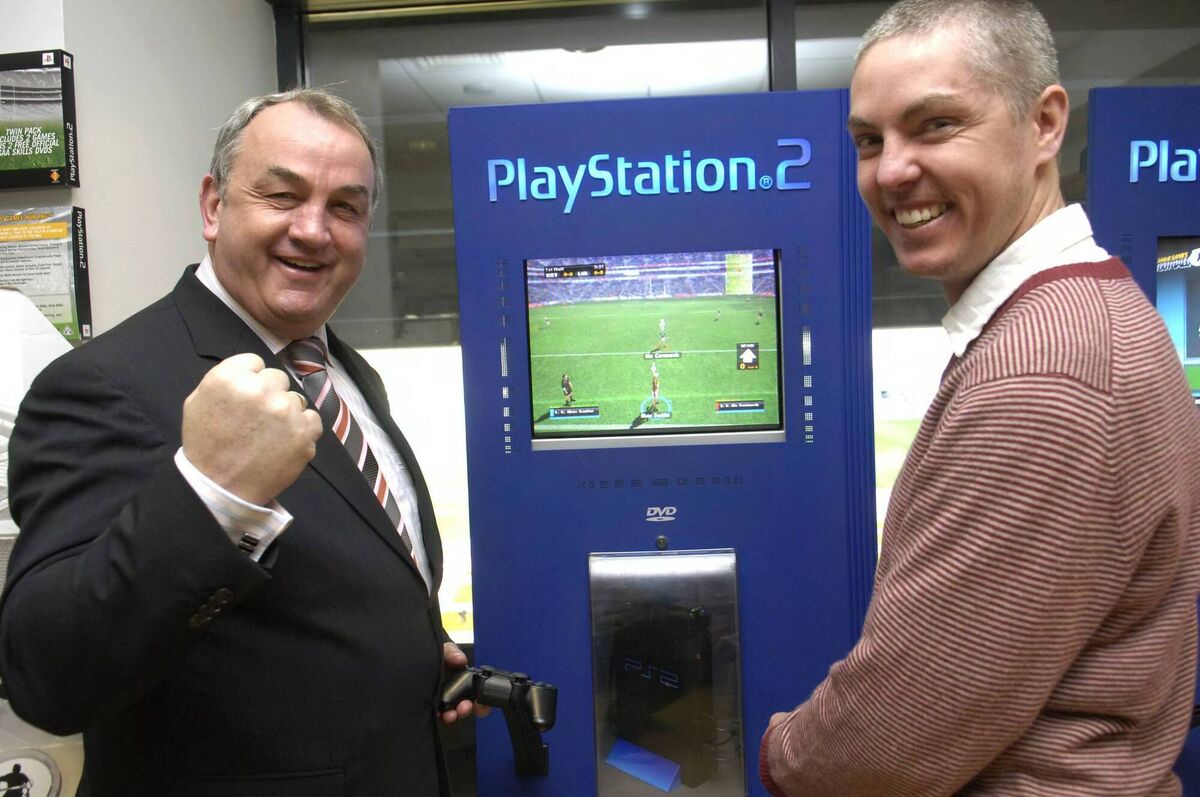
On the plus side, kits and stadiums were accurate (we were going to say that there was a problem with kit-clashing but you could class that as realistic too) but the lack of GPA involvement meant that no real player names were used and that was a big strike against it.
The second iteration of the game, brought out in 2007, had some improvements and the option to play a full season was a good addition. Against that was the ‘mission’ mode, where you had to try to right a historical wrong but, beyond the names of the two counties, there was nothing nostalgic about the setting, taking place in the modern Croke Park with contemporary strips.
In tandem with Gaelic Games: Football 2 was Gaelic Games: Hurling and that was always fighting a losing battle. Whereas the football had the AFL game as a platform, this was far more a scratch operation and unfortunately it told. It certainly didn’t help that penalties were taken from the ground on 13m line, though if you were being charitable you’d say they were ahead of their time with the one-on-one aspect of it.
Also in 2007 came Bainisteoir: Hurling, the first, and so far only, attempt at a Gaelic games version of the manager genre.
The game itself was very difficult to master, meaning that you were usually sacked half a season in, with a workable training schedule impossible to find. There was also a glitch in that, if you included a made-up 32-county open draw competition, a drawn game would see both sides progressing to the next round.
Throw in the fact that the manager had to negotiate with sponsors to raise funds and you were already drifting away from reality. That money then had to be used to hire a physio (realistic), coach (also realistic, even if not officially acknowledged) and selector (not as realistic, especially for up to €83,000).
As well as the difficulty, you ran the random risk of players giving up hurling to play Australian rules or to join Celtic, while there was no influx of players from the U21 and minor grades, meaning that your squad became stale with no mechanism for freshening it up. On one occasion, Ben O’Connor stepped away from the Cork panel to focus on his career – in real life, of course, that career is hurley-maker.
Nevertheless, with no other attempt to service that market, the effort by Nenagh-based Tailteann Games – now defunct, it appears – remains the original and best. An enjoyable and easily playable management simulation would be popular, one would think, but the fact that it doesn’t exist yet would seem to indicate the opposite.
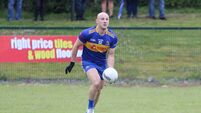
![IMG_2047[1].JPG Glanmire junior footballers still in with chance after beating Bishopstown](/cms_media/module_img/9559/4779758_1_teasersmall_IMG_2047_5b1_5d.jpg)
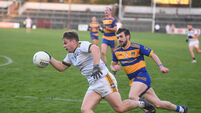
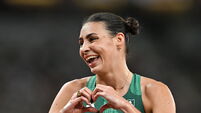
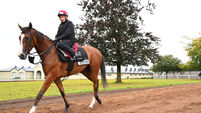
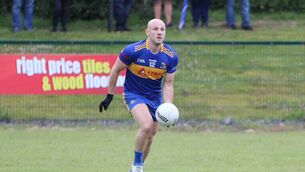
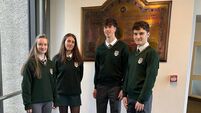
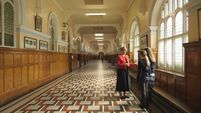
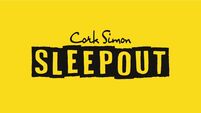
 App?
App?







